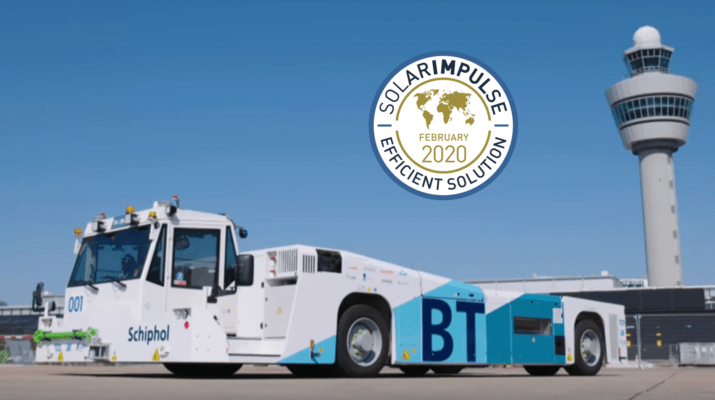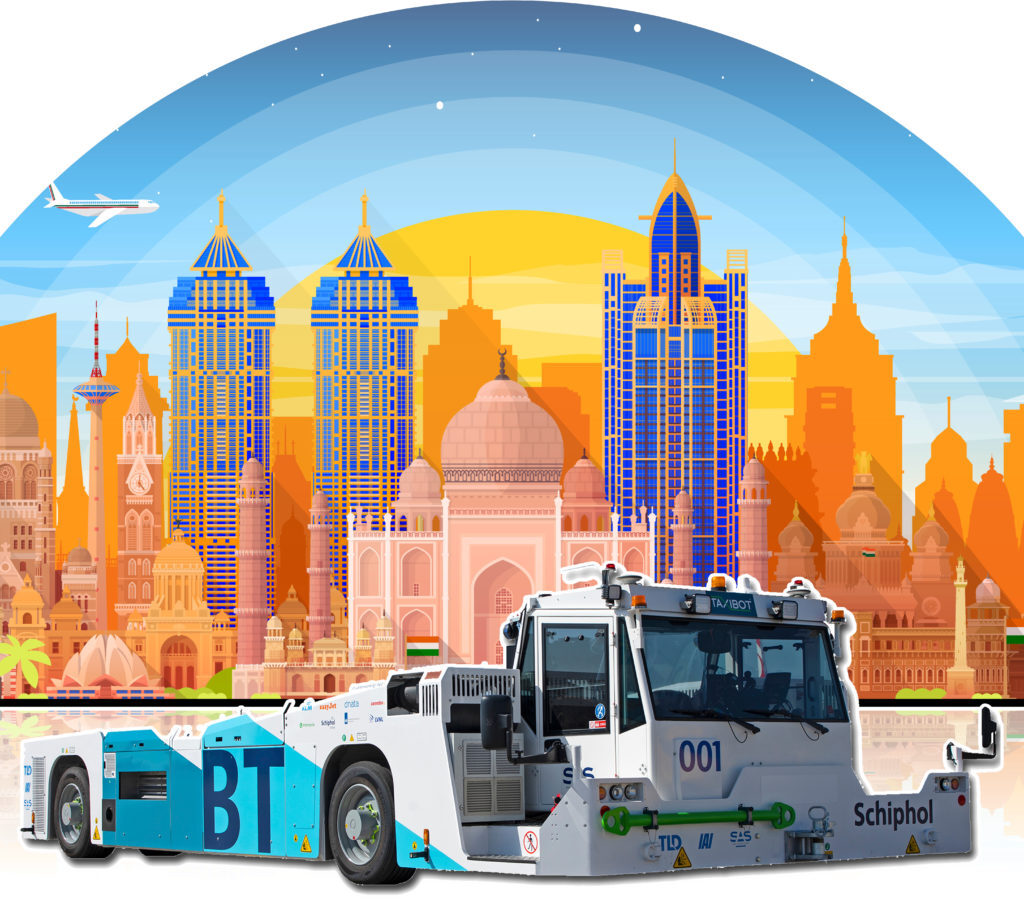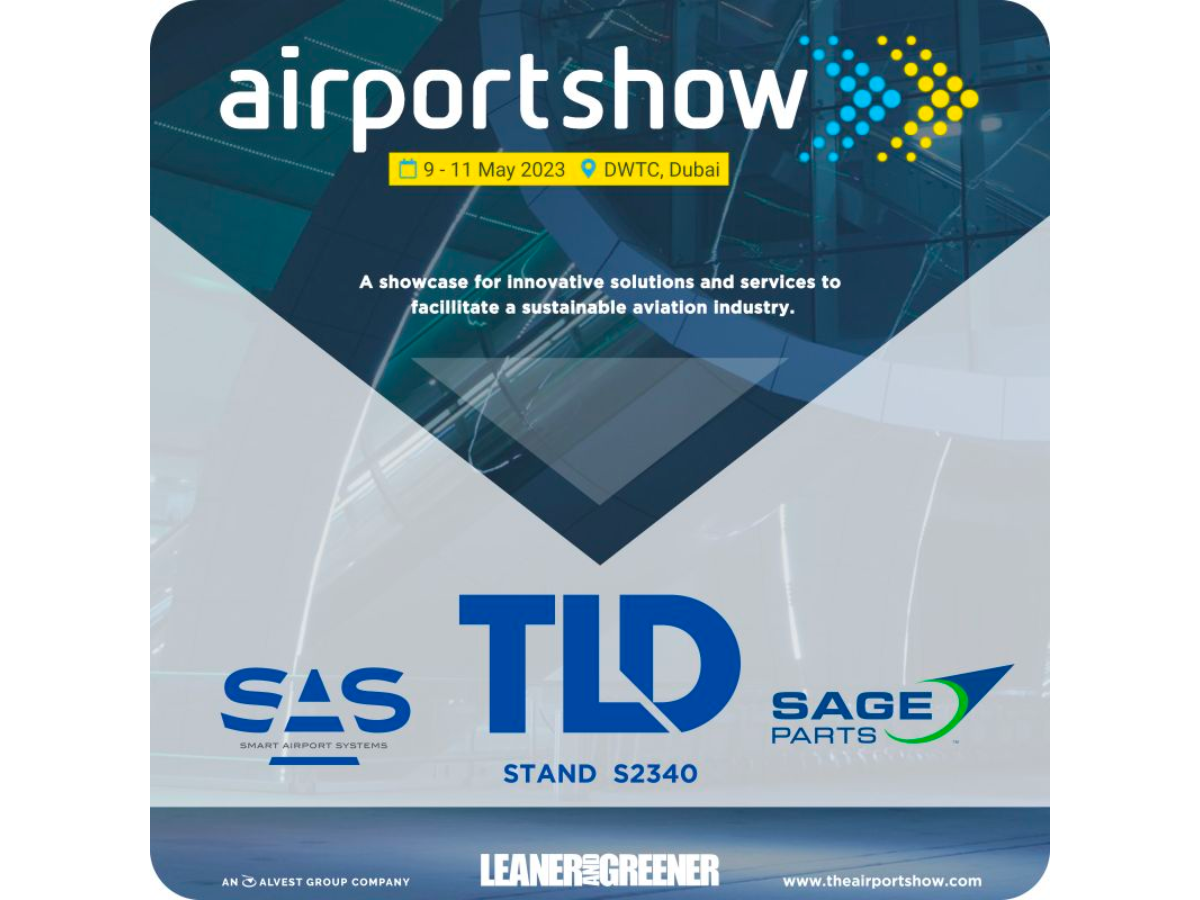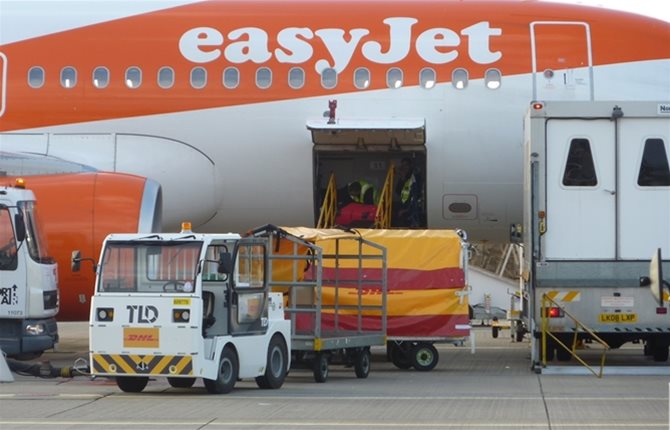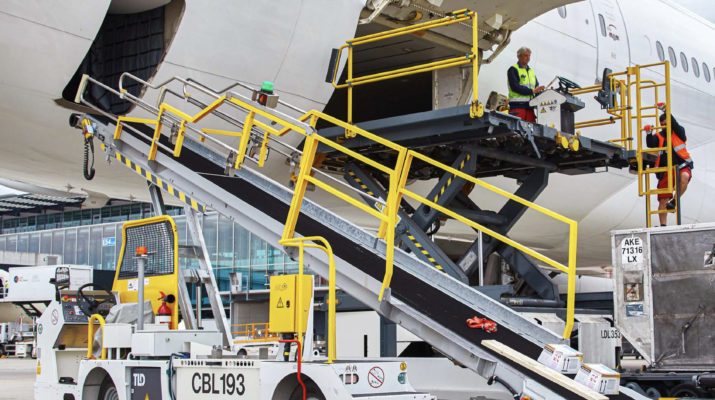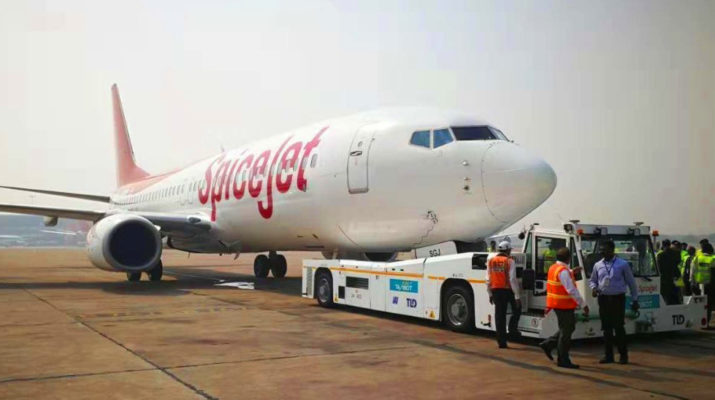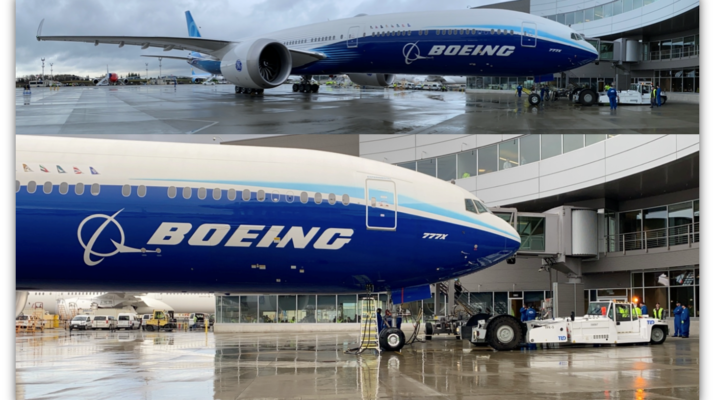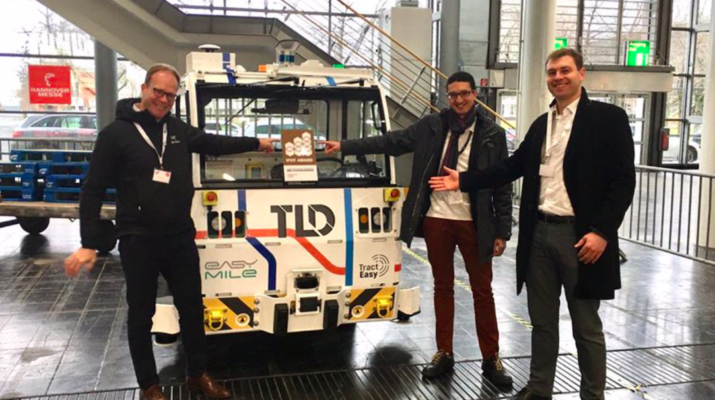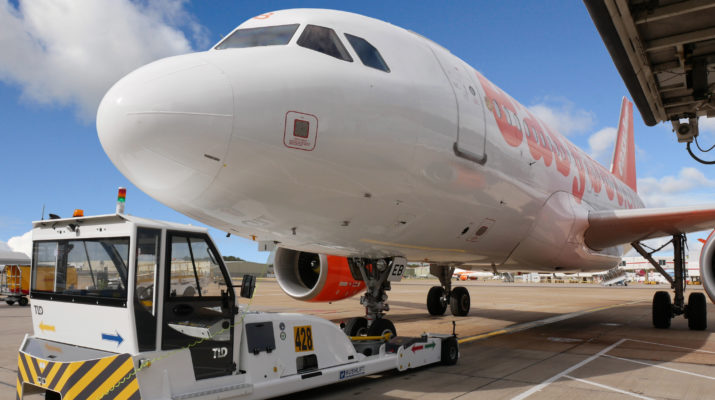Schiphol and Smart Airport Systems announce it’s trial for sustainable taxiing at Schiphol airport in cooperation with the partners Air Traffic Control Netherlands (LVNL), the Ministry of I&W, Corendon Dutch Airlines, KLM, Transavia, EasyJet and handlers Dnata and KLM Ground Services.
The technology behind this trial, the TaxiBot, is provided by Smart Airport Systems (SAS), a sister company to the prominent designer and manufacturer of airport ground support equipment TLD and IAI (Israël Aerospace Industry).
The mission of SAS is to provide innovative sustainable solutions for airlines and airports to help them reduce CO2 and NOx emissions, generate fuel savings, and increase the operational efficiencies at airports. For this SAS has developed several solutions that are available today and bring significant emission reduction.
Maxime Mahieu, CEO of Smart Airport Systems, commented;We are extremely pleased with this test of sustainable taxiing in cooperation with one of the world’s most innovative airports. We are impressed by Schiphol’s motivation which reflects in quality of the partnership they have created. All key stakeholders are aligned to show that SAS existing solutions can bring significant environmental improvements today
Hassan Charaf, Head of Innovation at the Royal Schiphol Group, commented;This study fits with our ambition to be the most sustainable airport in the world. I am proud that together with our partners we are exploring what sustainable taxiing at Schiphol can mean.
The TaxiBot trial is part of an on-going feasibility study on sustainable taxiing at Schiphol Airport. Additional criteria will include how sustainable taxiing can be incorporated into daily operations, whether it can be achieved extensively across the airport and implementation timescales.
The ’TaxiBot’ is a semi-robotic tow vehicle developed by TLD and IAI, fully controlled by the Aircraft pilot when it tows the aircraft from terminal to runway, and back, without the use of the aircrafts engines. The hybrid TaxiBot is powered by a combination of electric and diesel engines that allow it to consume 95% less fuel during taxiing than the more commonly used aircraft engines. The TaxiBot is already in operation in India in both Delhi and Bangalore airports.
At Schiphol Airport aircraft engines are used on average 14 minutes to taxi departing aircraft and 9 minutes for arriving aircraft.
As aircraft engines still require spooling to their optimum operating temperature prior to take off, the saving brought by the TaxiBot are estimated to be between 50% and 85% of the average fuel consumption normally associated with the taxiing mission.
There are also a number additional benefits including – a reduction in noise pollution, CO2 and NOx emissions and foreign object debris whilst also delivering huge environmental advantages.
The trial is set to run until the end of June after which the study will conclude in Autumn 2020.
For more information visit tld-group.com

